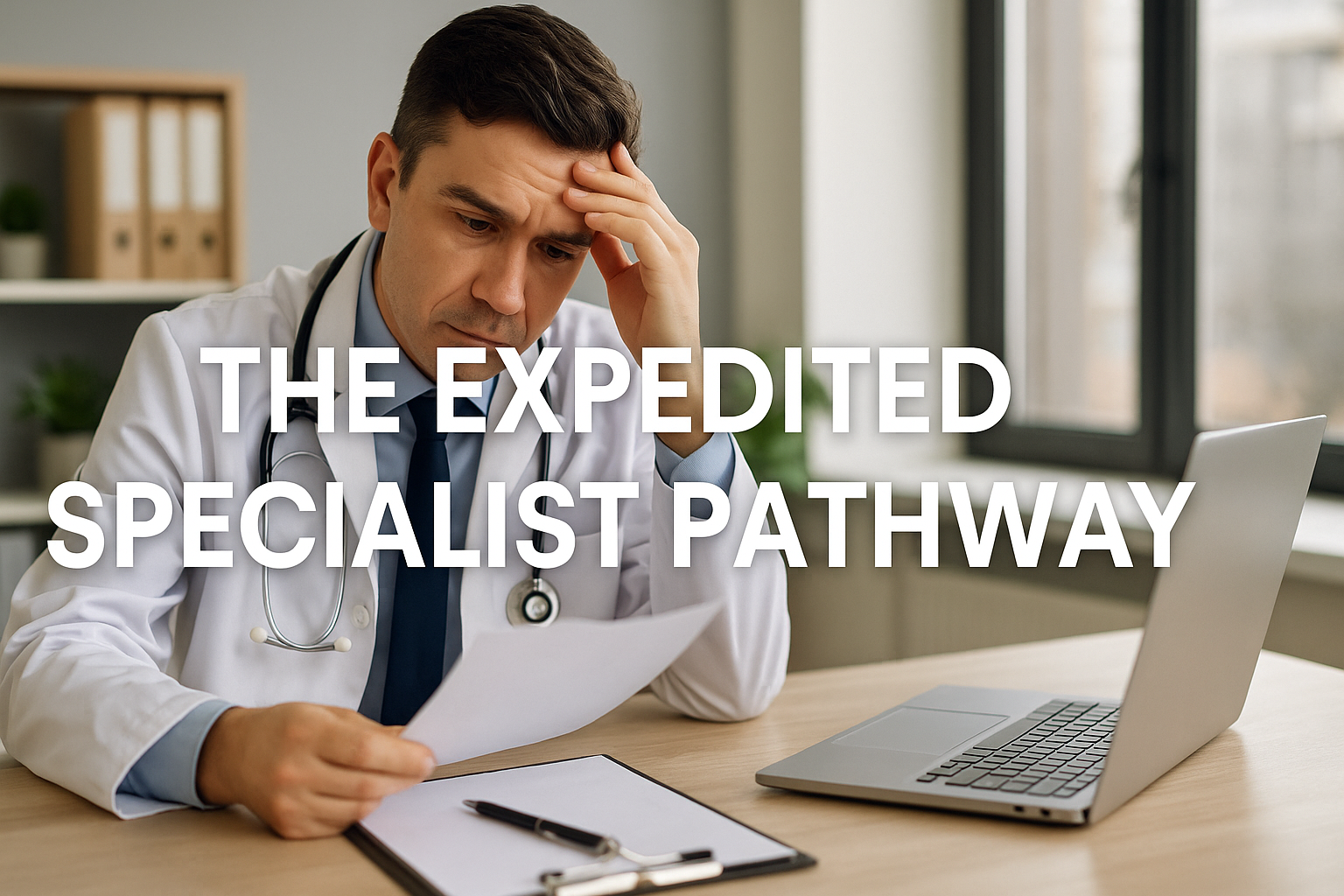Guidelines for General Practitioners Considering Locum Work
General practice (GP) locum work is an increasingly popular way for GPs to earn additional income and take on new professional challenges. Many GPs face increasing workloads, heavier patient loads, and pressure from the public to reduce waiting times. Locum work can be a valuable way of easing pressure while professionally keeping your finger in the pie.
General practice locum work can take many forms. Depending on your circumstances and personal preferences, you may prefer one type of work over another. If you already have experience as a GP, it’s more likely that you will feel confident about taking on a range of locum roles quickly and efficiently.
However, if you don’t have much experience, there are plenty of ways to get into general practice locum work. This blog post explores some guidelines to help you get started on the right path.
Build Your Knowledge and Experience
Before getting into general practice locum work, you must know what the job entails and what you are signing up for. You need to understand how the healthcare system works, how to interact with patients, deal with challenging situations, and manage your workload and time effectively.
Although you can gain some of this experience through university and medical school, much of it can only be achieved through real-world experience. As soon as you graduate from medical school and become a fully qualified GP, you should start working towards building your expertise. It will make you more attractive to locum agencies.
Know What You Want and Where to Find It
One of the greatest difficulties new GPs face in the locum work world is knowing what to look for and where to find it. Many locum work types are available, from emergency room work to administrative work. There are also different types of locum work agencies, from government agencies to private organisations.
Knowing what type of work you want and where to find it will help you make the most out of your time as a locum work doctor.
Don’t Be Afraid of Networking
One of the best ways to get your foot in the door of GP locum work is through networking. If you are looking to work in a specific area or hoping to work at a particular type of agency in Australia, your best bet is to network with people in those areas.
Try to attend events related to general practice. It might be a state or national conference for GPs, or a conference related to the locum work industry. There are many online communities related to GP work. Being a part of these communities and taking advantage of any events related to them will help you meet the right people and get your name out there.
Find the Right Agency or Recruiter
There are different types of agencies that hire GPs for locum work. These agencies can be private organisations that work with a variety of clients or government-funded agencies that provide locum work for a specific type of facility.
Depending on your preferences and circumstances, you may want to try and find a single agency specialising in the type of work you want. You must find the right type of agency for you. Before signing up with any agency, ensure it meets your needs.
Commit to Finding the Right Locum Job for You
As a new GP looking to get into locum work, you may face stiff competition from more experienced GPs. This competition can be positive if the agency hiring locum work sees you as a strong candidate. However, it can be negative if they see you as inexperienced and unqualified.
Regardless of which side of the coin you fall on, you can help your chances by finding the right locum job for your experience. If you are hoping to find work in an emergency room, you need to make sure that you are familiar with the equipment used in the ER and have a good knowledge of handling emergencies.
You increase your chances of success by focusing your efforts on finding the right type of work for you.
Check Your Expectations and Obligations
Before signing up for any general practice locum work, ensure you understand both parties' expectations and obligations. You need to understand what is expected of you, how long you will be working, and when you will be paid. Likewise, the agency hiring you needs to understand your background and what you can bring to the table.
If you are applying to work for a government agency, make sure that you understand the terms and conditions of your work. You may work within a specific jurisdiction or help to alleviate a particular public health problem.
Depending on the agency or organisation you are working with, you may be required to sign a contract or other legally binding document. You may also be expected to sign an agreement. Make sure that you understand the terms of these documents, including any terms and conditions that apply to the work you are doing.
Wrapping Up
General practice locum work is a growing industry that allows GPs to supplement their income, work in various environments and gain valuable experience. If you are a newly graduated GP doctor, getting into locum work is a great way to gain experience and make connections in your field. However, before you apply to work in any locum capacity, you need to find the right type of agency to work with.
Medipeople consults with various medical services to provide customised recruitment solutions. You can reach us by phone at +61 2 8001 6272 or by email for additional details about our services.
Source Links:
https://www.rehobothhealthltd.com/post/a-guide-to-becoming-a-locum-doctor
https://www.bmj.com/careers/article/how-to-find-work-as-a-locum-doctor
https://www.bmj.com/content/314/7074/S2-7074









